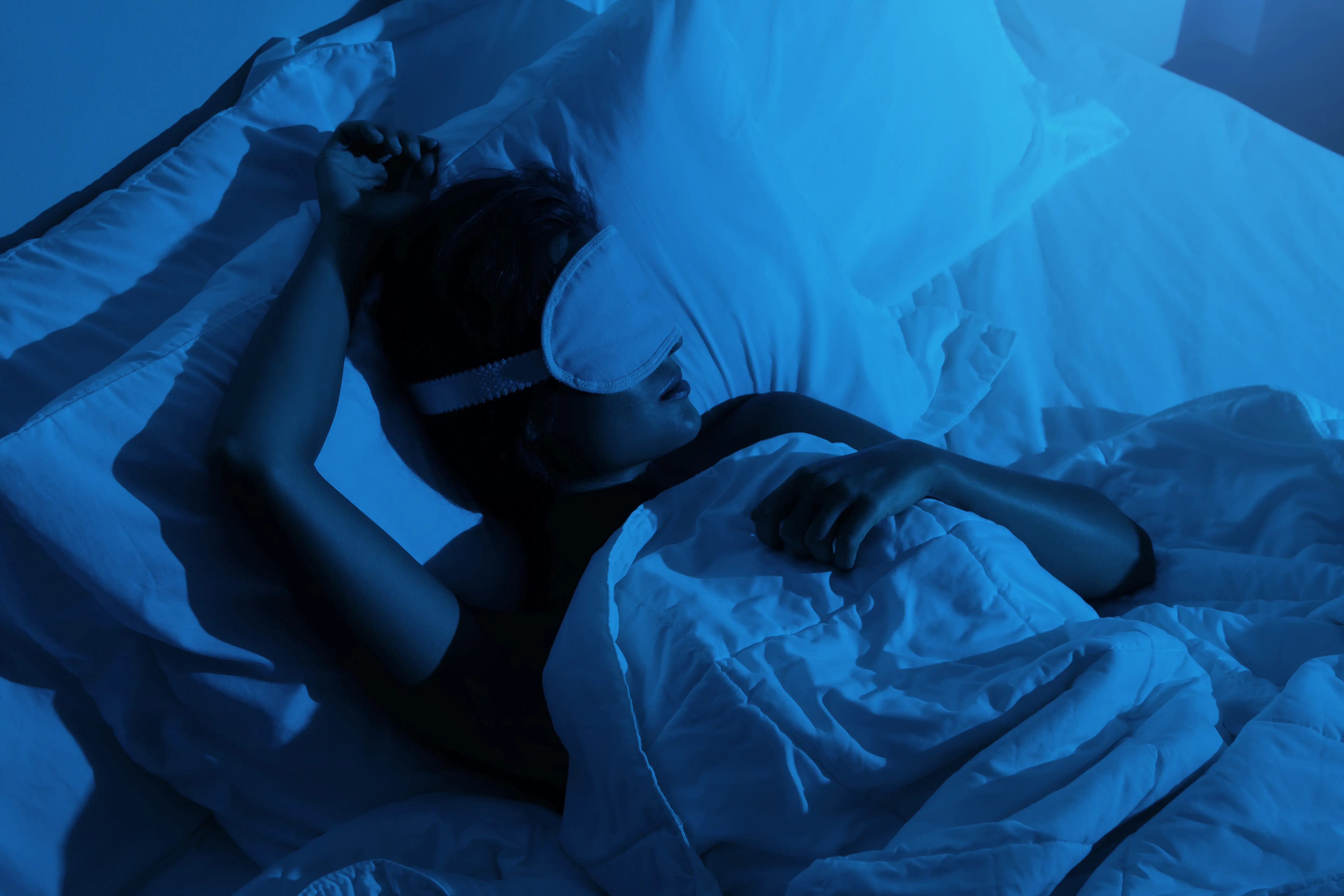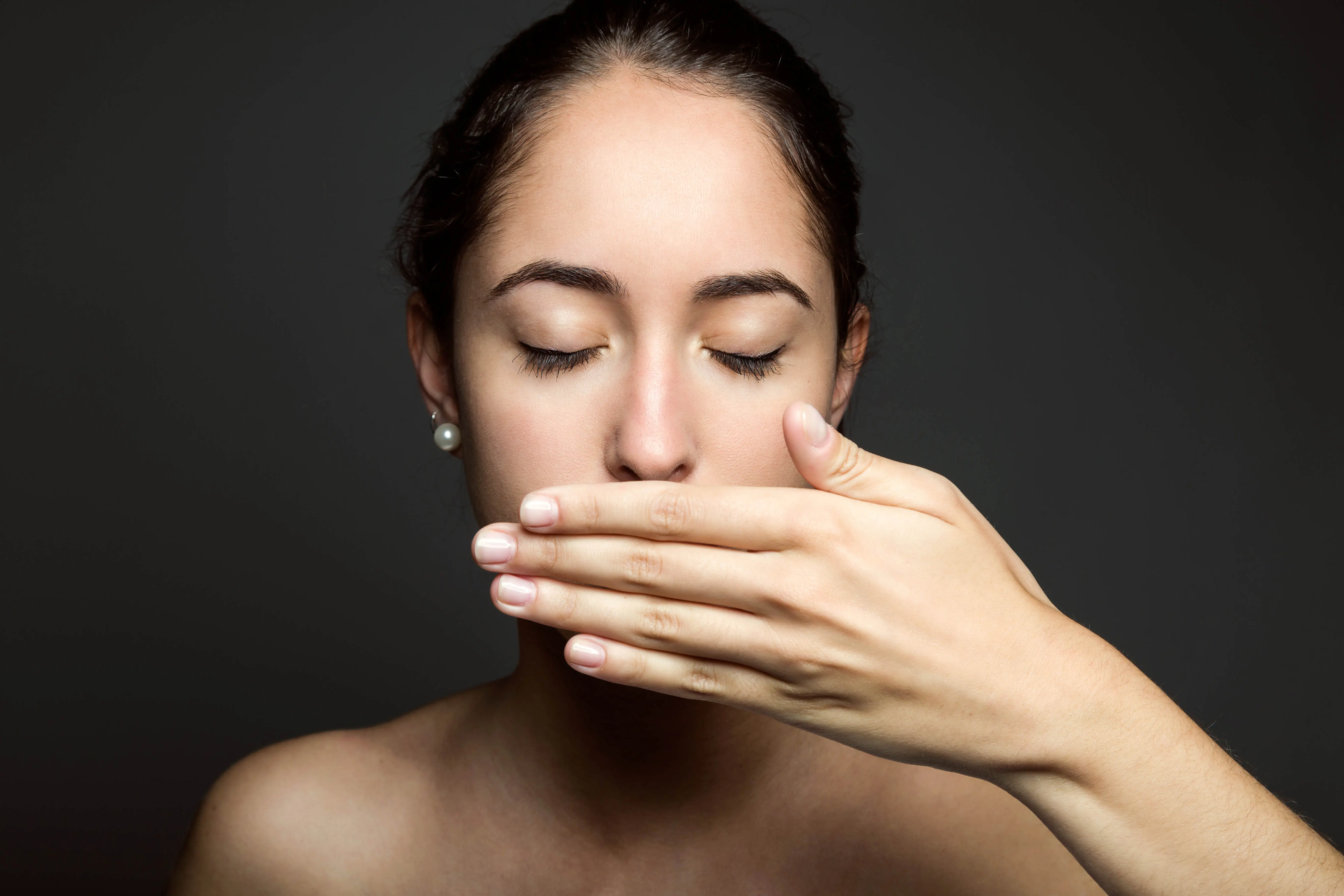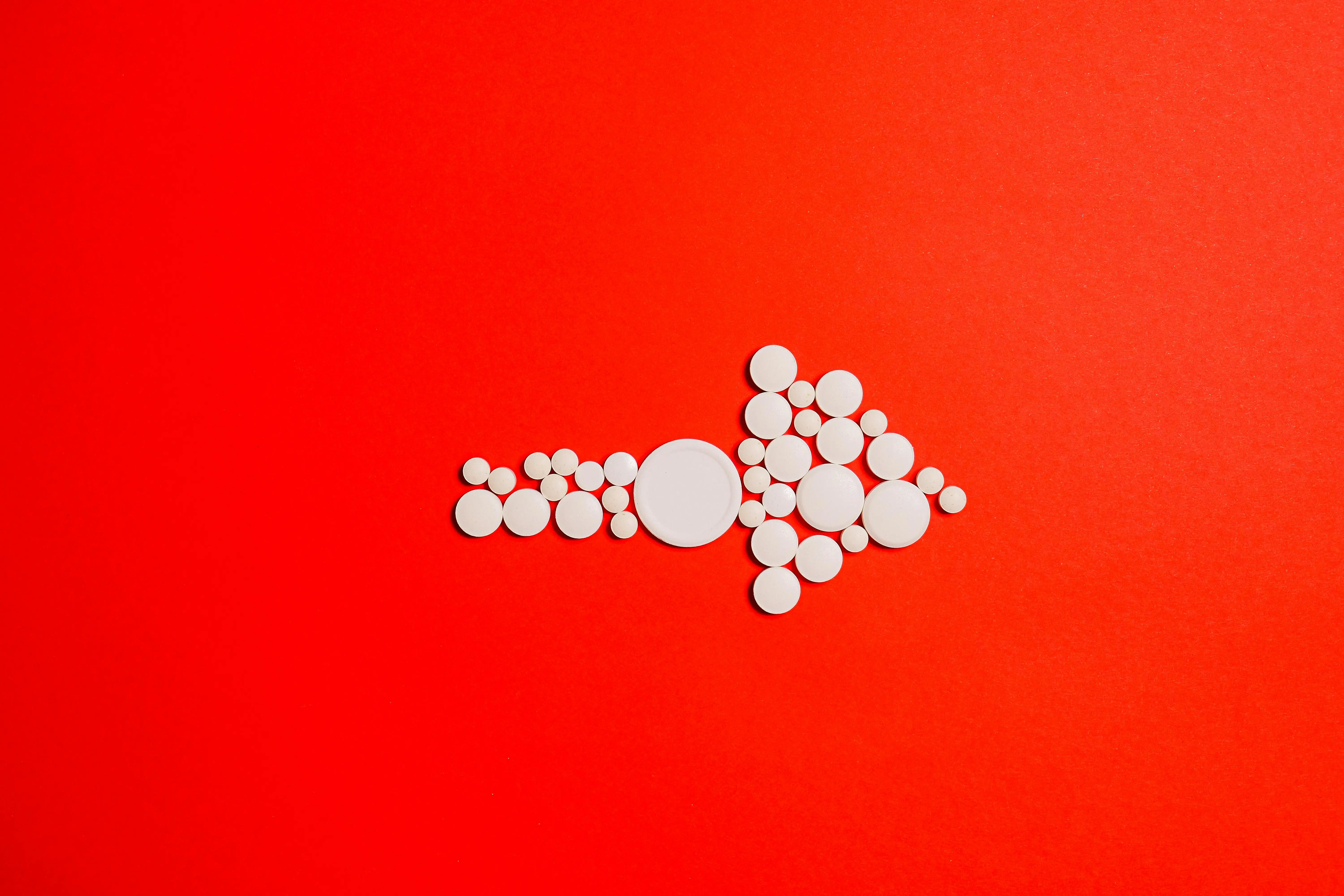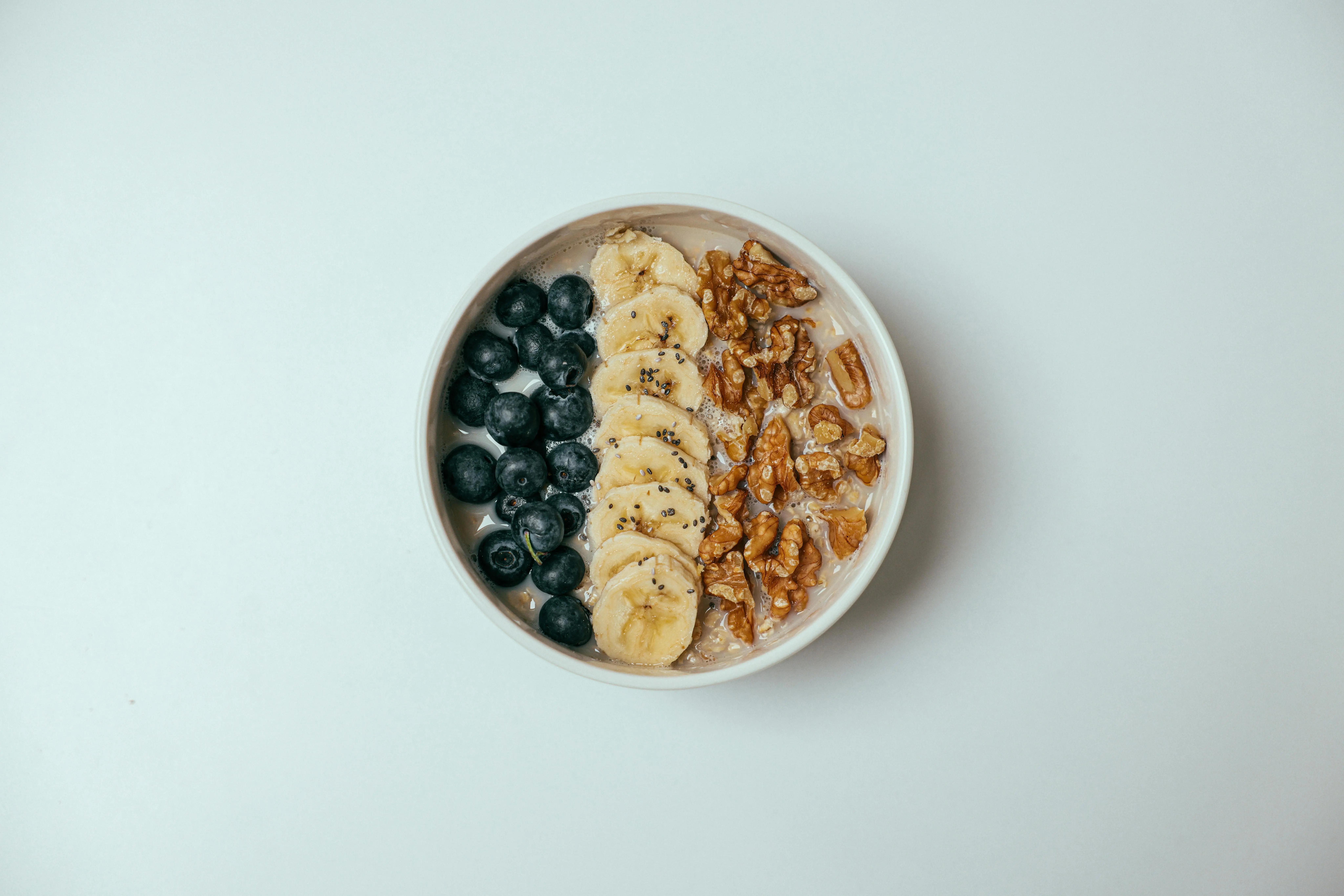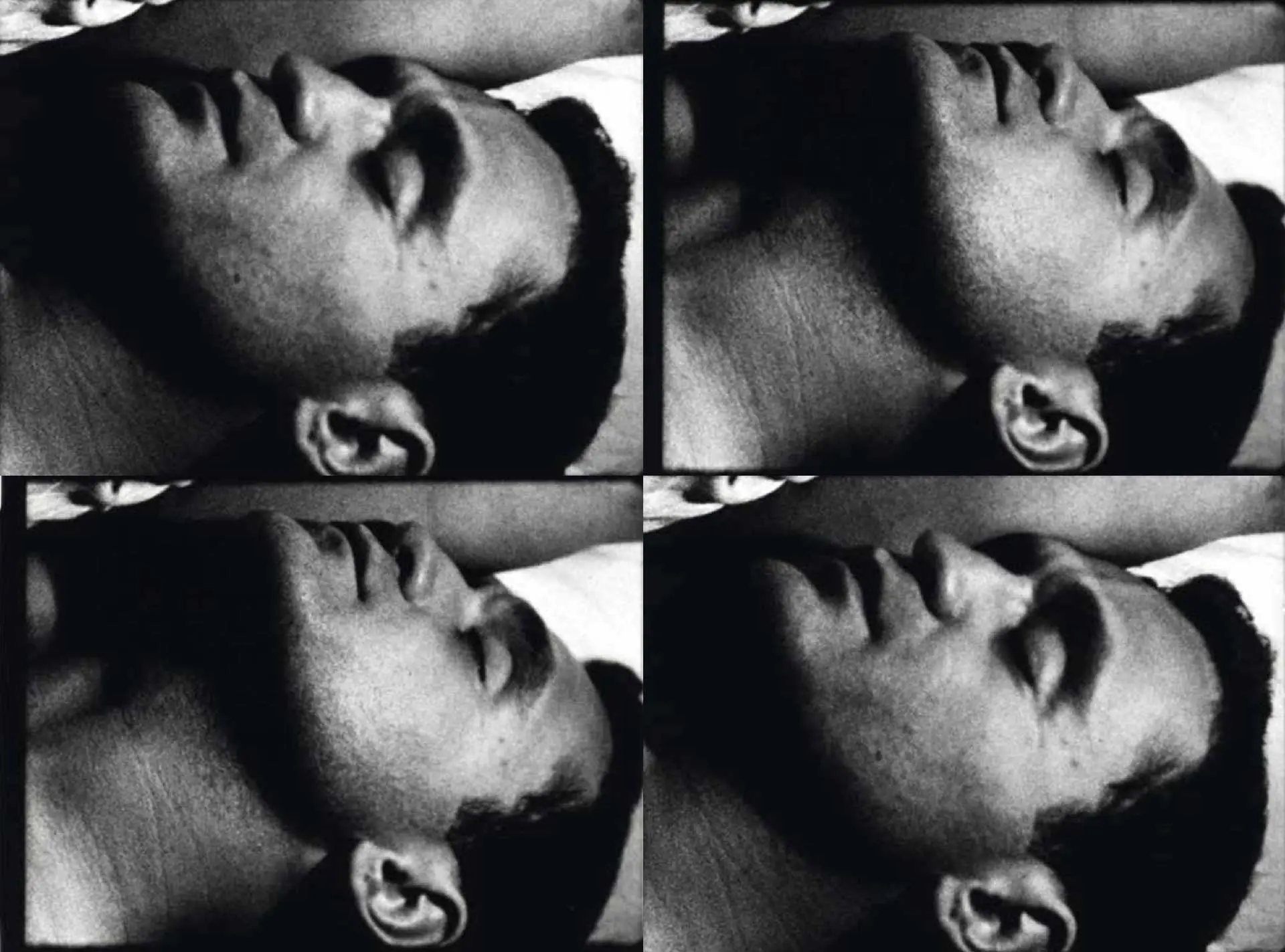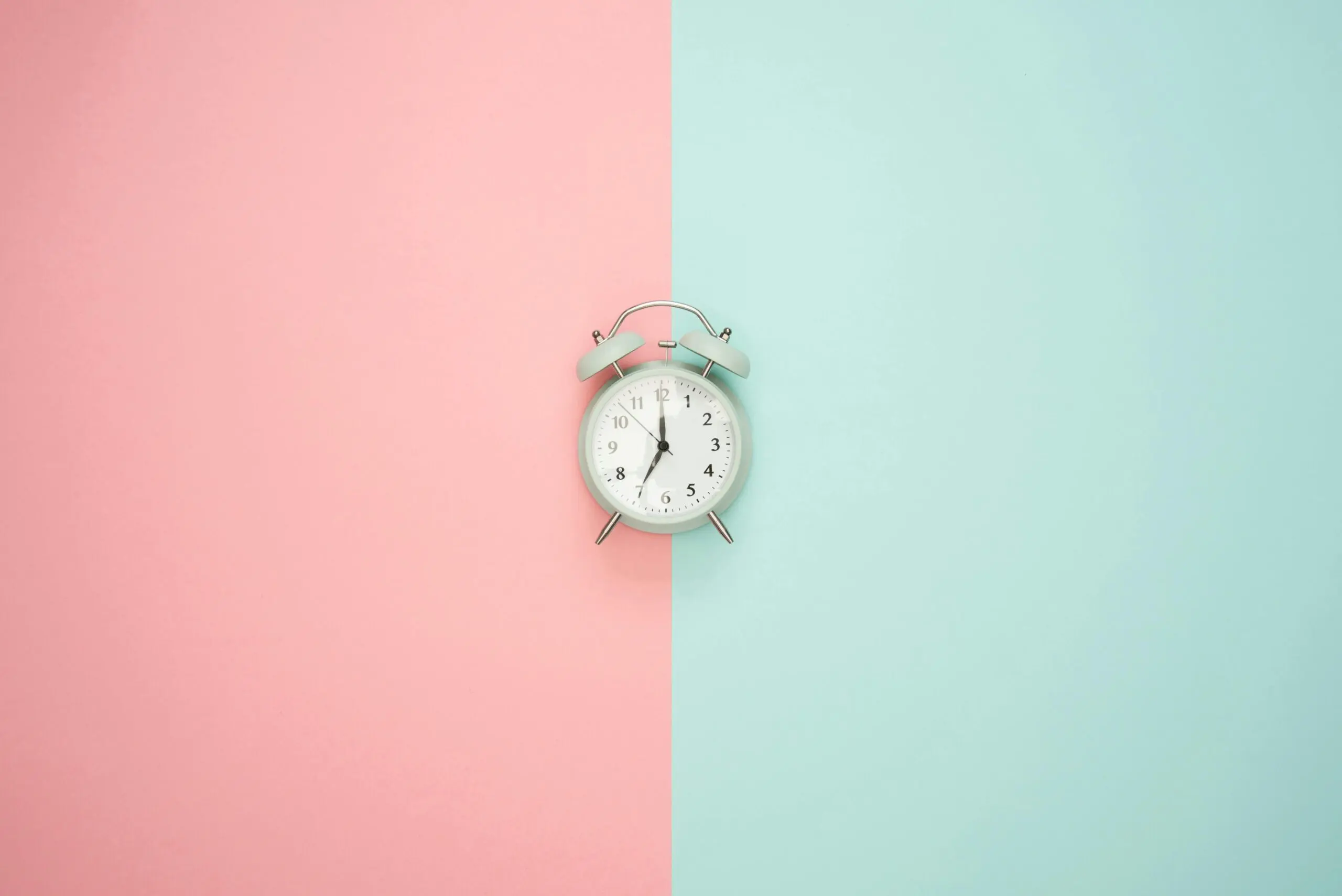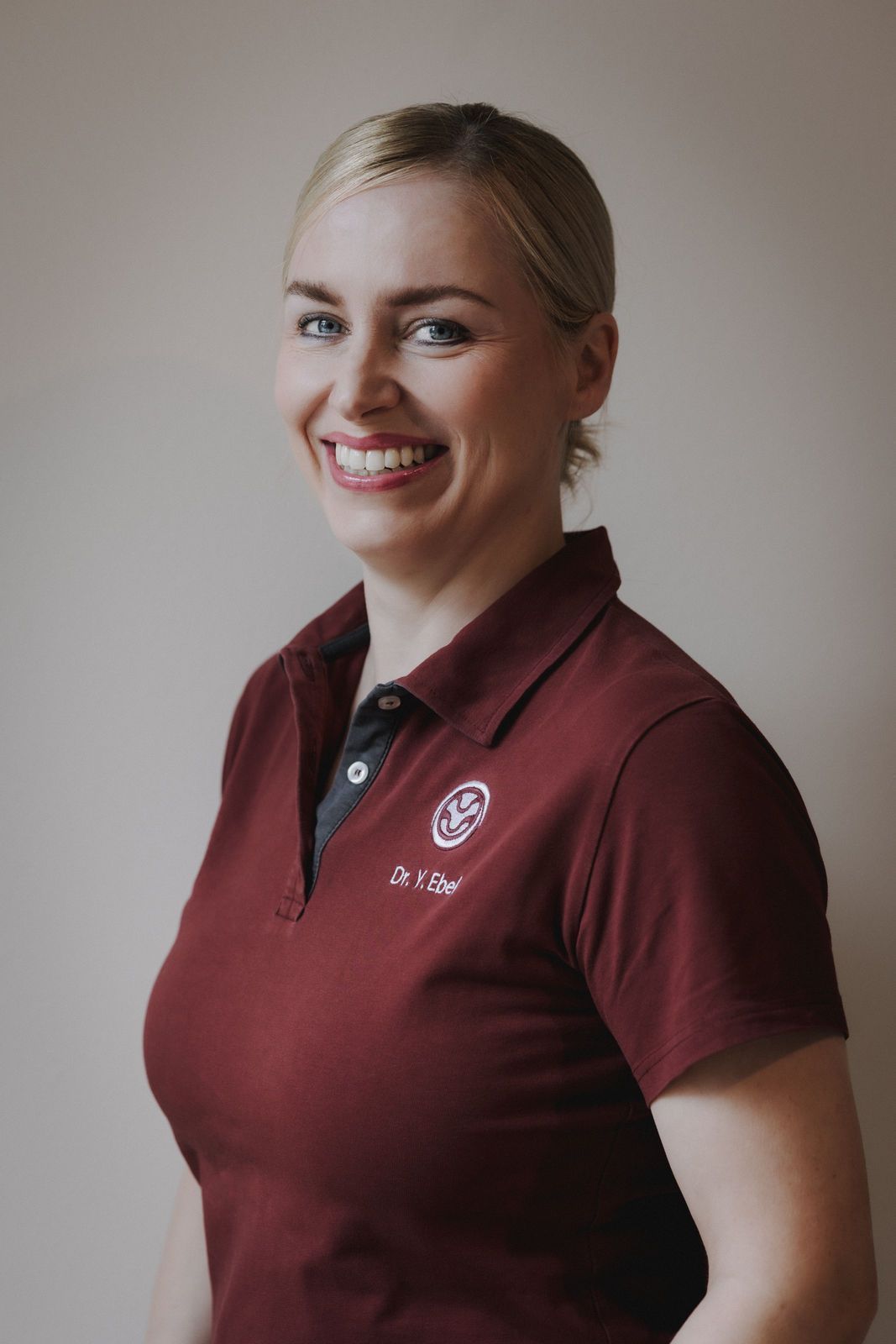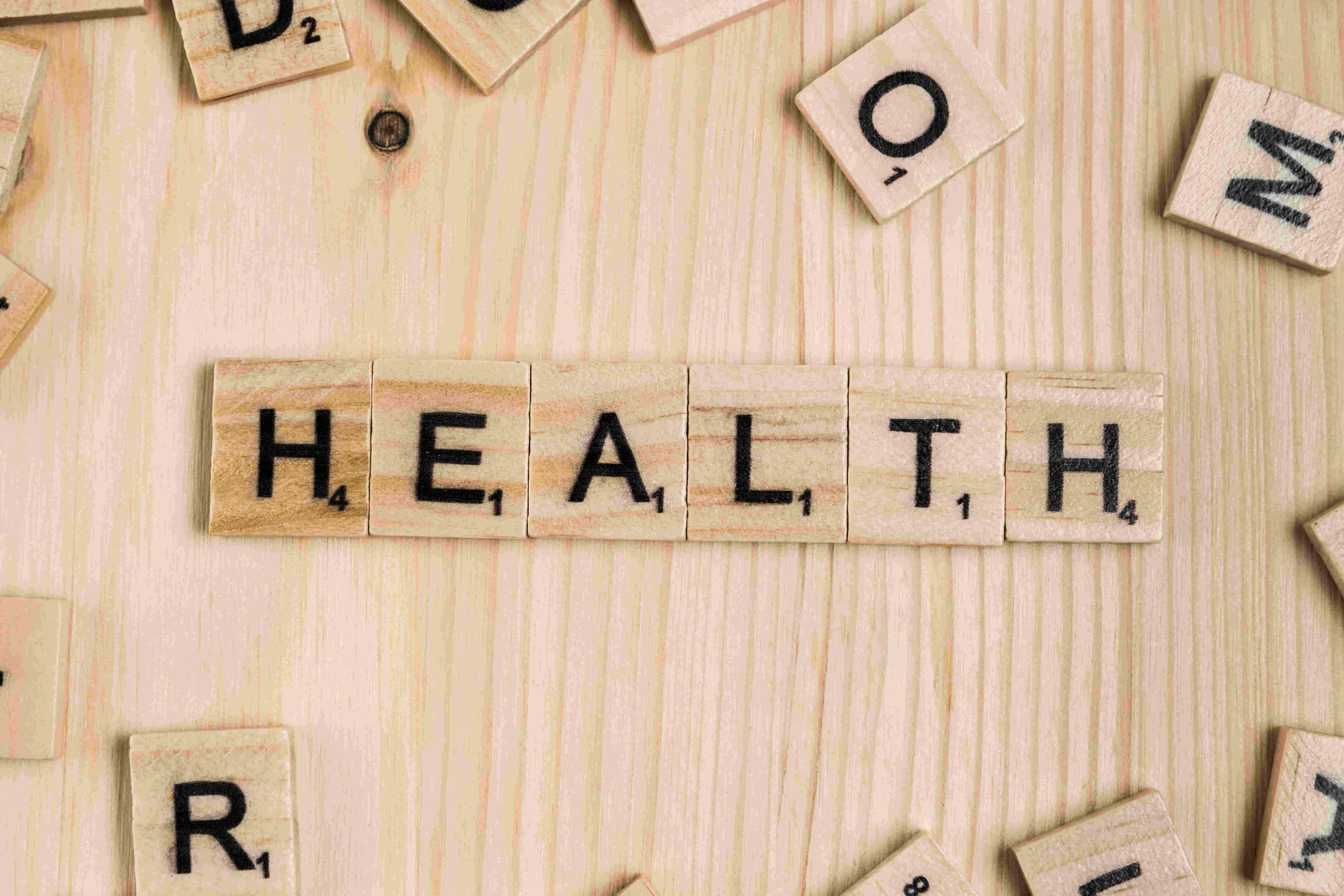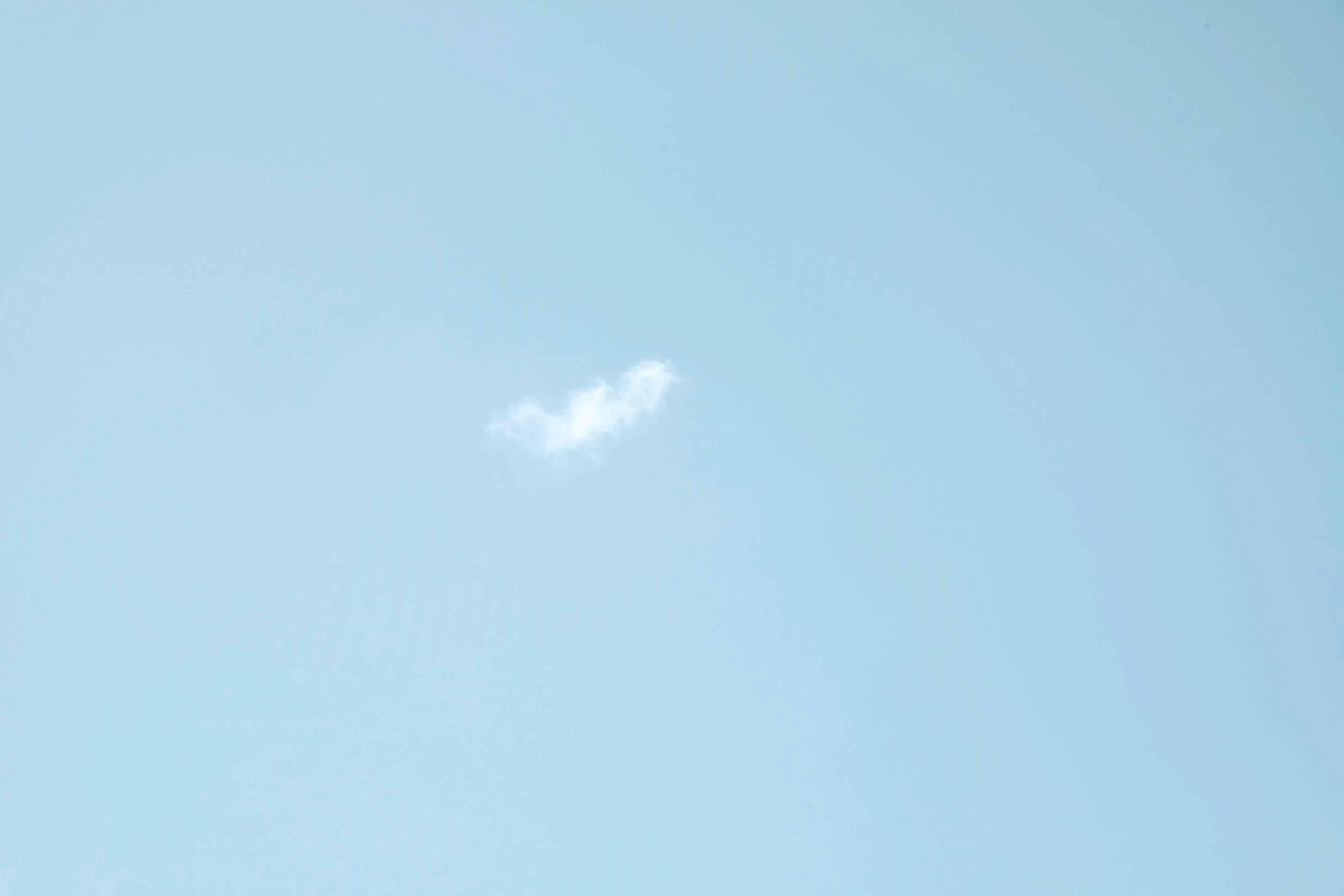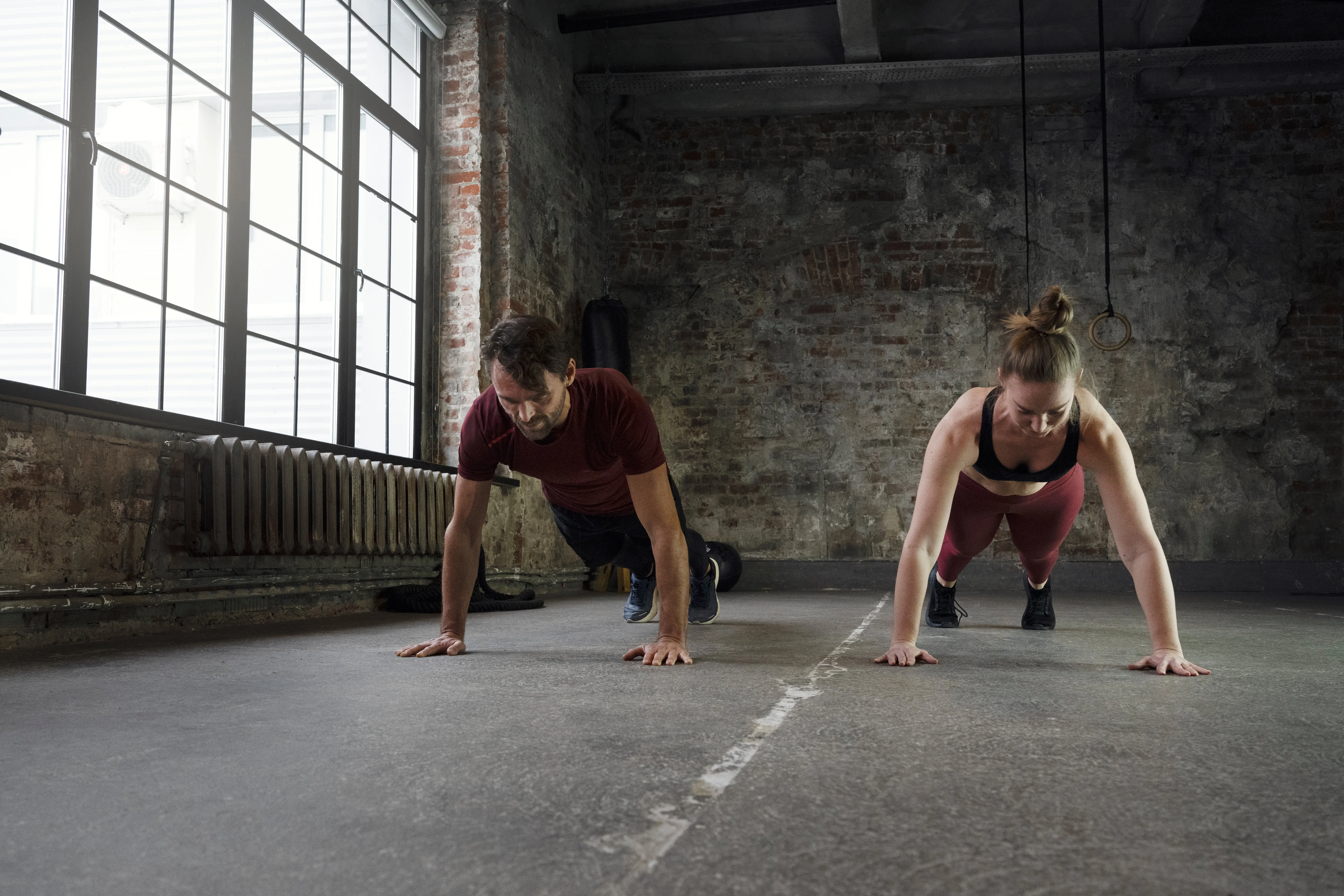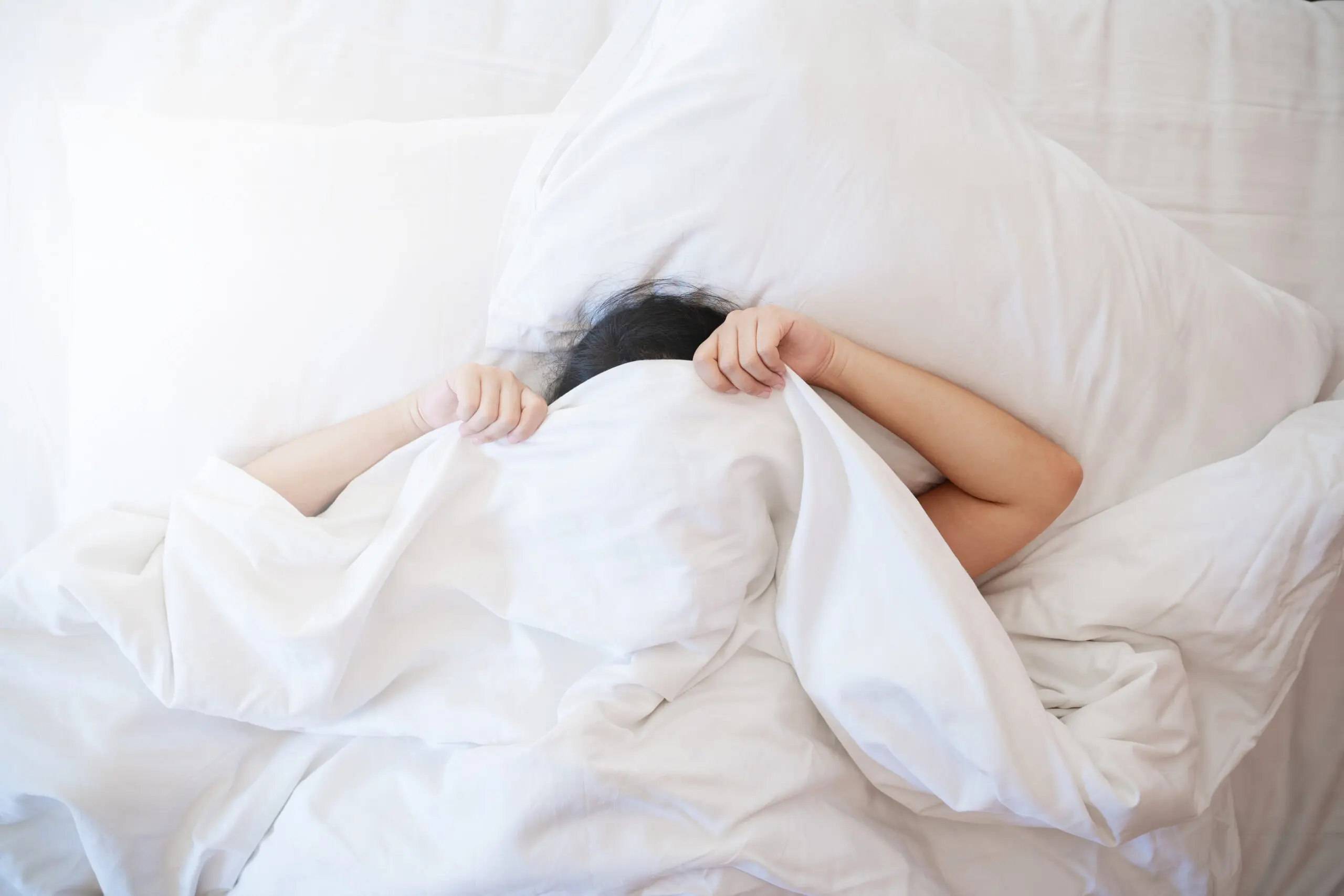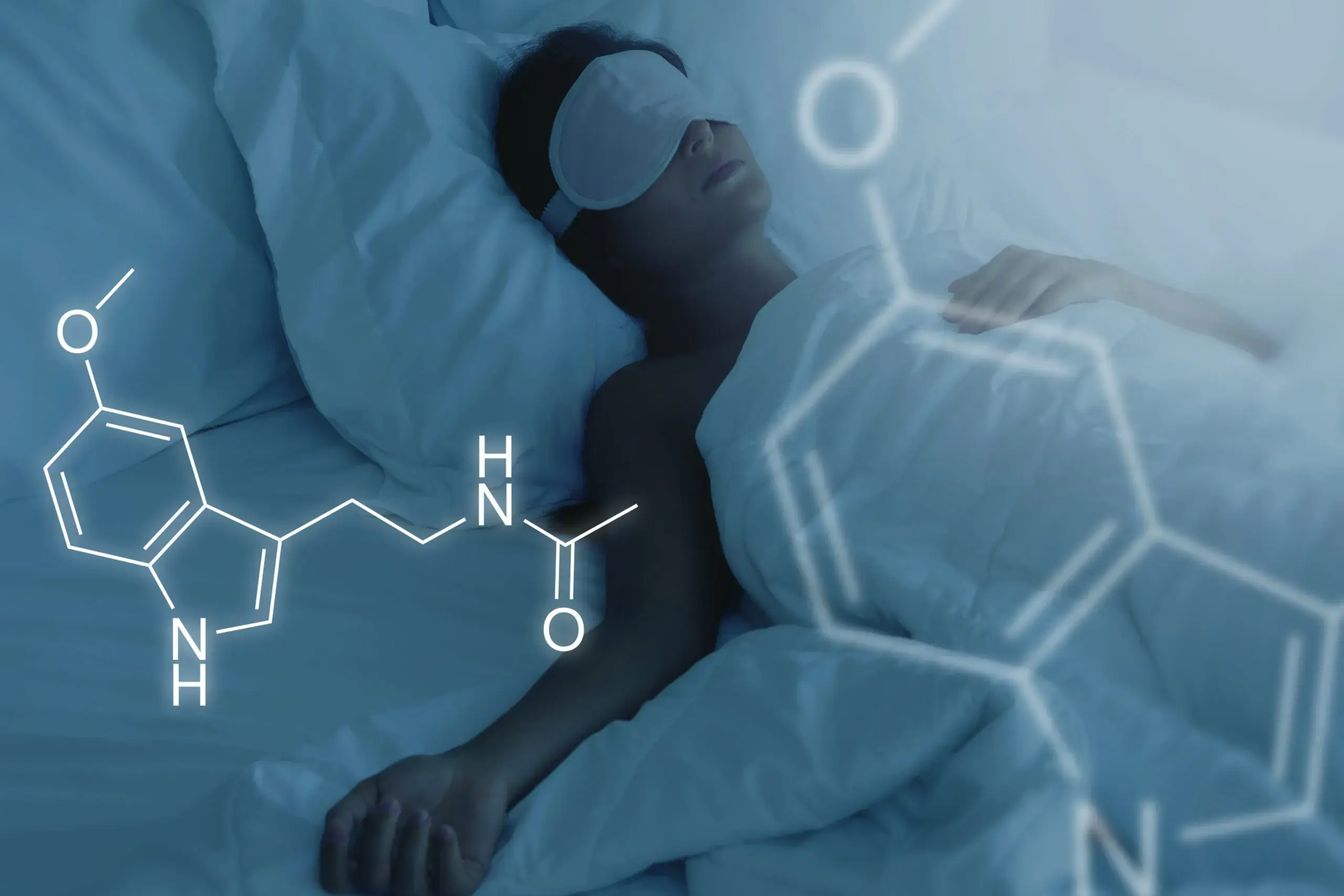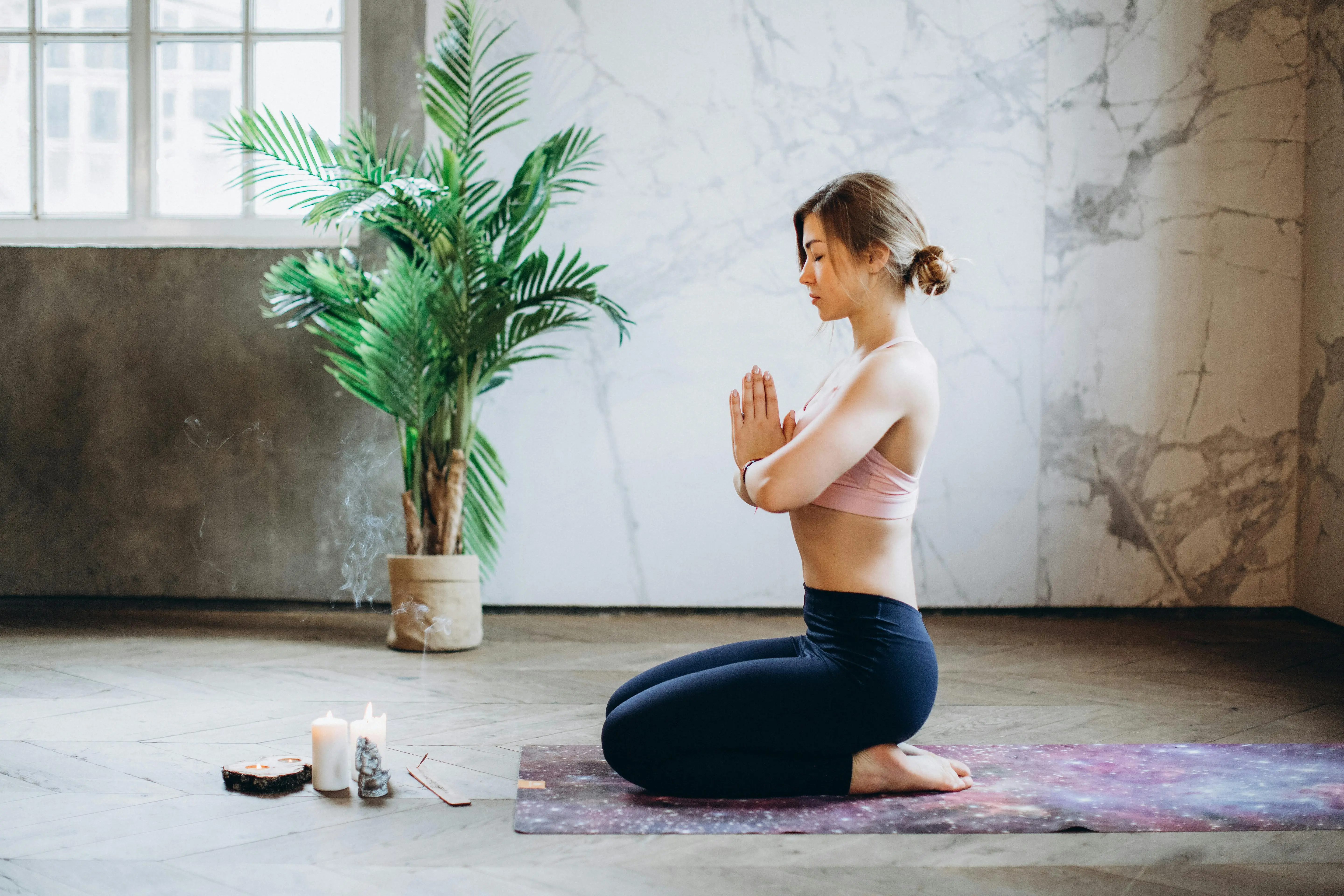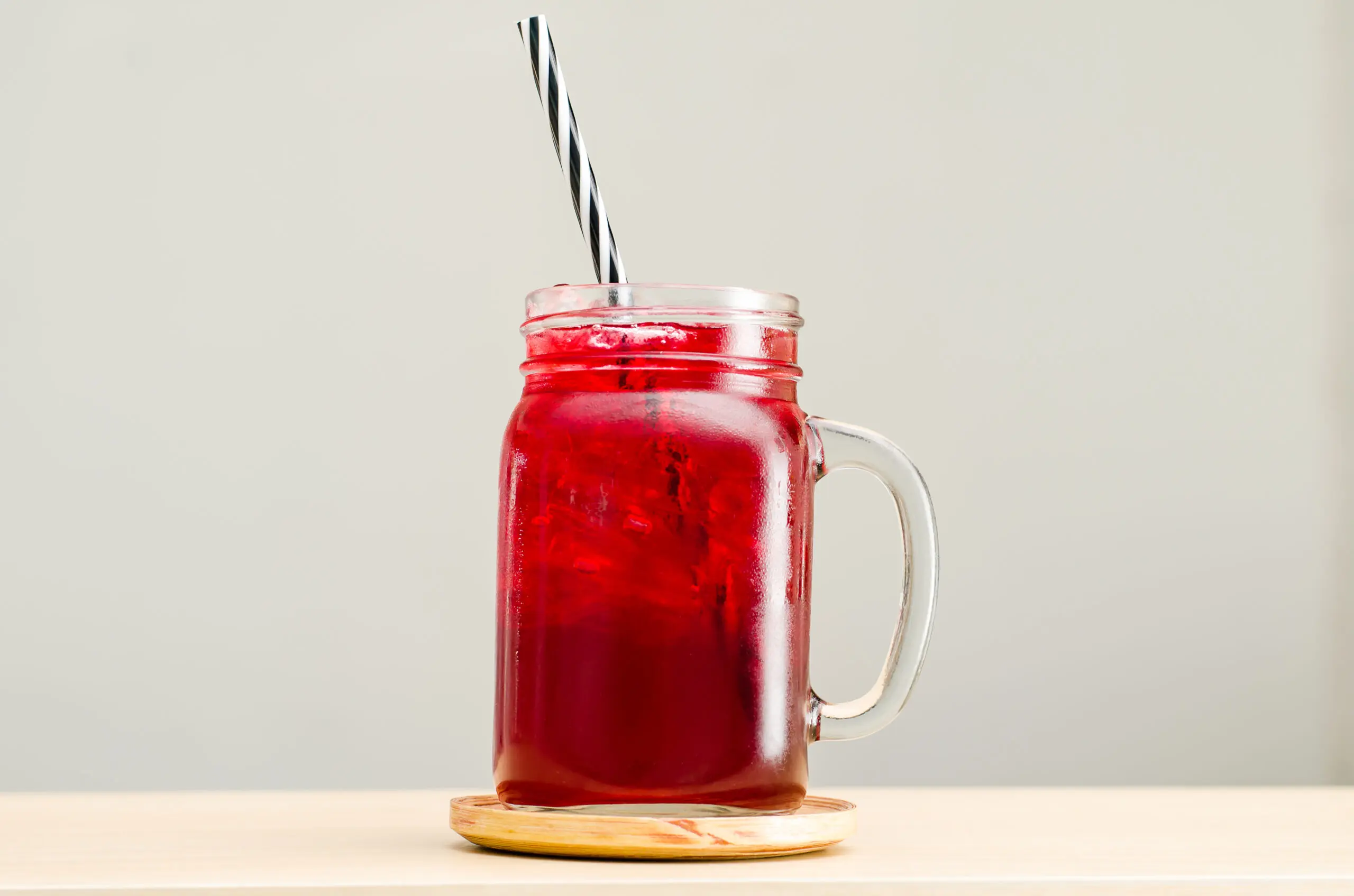Restful sleep is important for the regeneration of the body, the repair of cells, the cardiovascular system, muscle building, overall performance and concentration ability, and the psyche. Those who do not get enough sleep over the long term may suffer as a result from weight gain, strokes, diabetes, and depression.
It is all the more critical that 43 percent of Germans (45 percent of people worldwide) struggle with sleep problems. Whether waking up in the middle of the night or not being able to find rest in the first place - the distress is great, and the number of approaches to solutions is enormous. They range from breathing techniques to CIA methods to cocktails and moves that are more likely to be found in the zoo than in bed.
Breathing exercises for good sleep
The 4-7-8 breathing technique by alternative medicine practitioner Andrew Weil is supposed to work like a natural tranquilizer. You lie in bed, inhale through the nose for 4 seconds, hold your breath for 7 seconds, and exhale through the mouth for 8 seconds – repeating this sequence four times. This is supposed to lower the pulse and transport carbon dioxide out of the body. After six weeks, the body is said to be programmed for relaxation with this rhythm.
The yoga alternate nostril breathing, Nadi Shodana, is also supposed to calm. You alternately breathe through only one nostril: in through the left, out through the right, in through the right, out through the left, and so on. The other nostril is closed with the fingers. Moon breathing (Chandra Bhedana) works similarly: inhale through the left nostril and exhale through the right to stimulate the parasympathetic nervous system and thus reduce stress and blood pressure.
Professor Dieter Riemann, Executive Board Member of the German Society for Sleep Research and Sleep Medicine (DGSM), has researched insomnia and chronic sleep disorders for over 40 years and knows "Breathing techniques are good relaxation exercises. Anything that distracts from nighttime brooding can help to (re) find sleep."
Whether it has to be specific breathing intervals? There is no evidence for this. The psychologist has had positive experiences with exercises from cognitive behavioural therapy and uses, for example, aside from healthy sleep hygiene (no alcohol, appropriate room temperature, regular rest periods), soothing mental images like a gently flickering candle.
